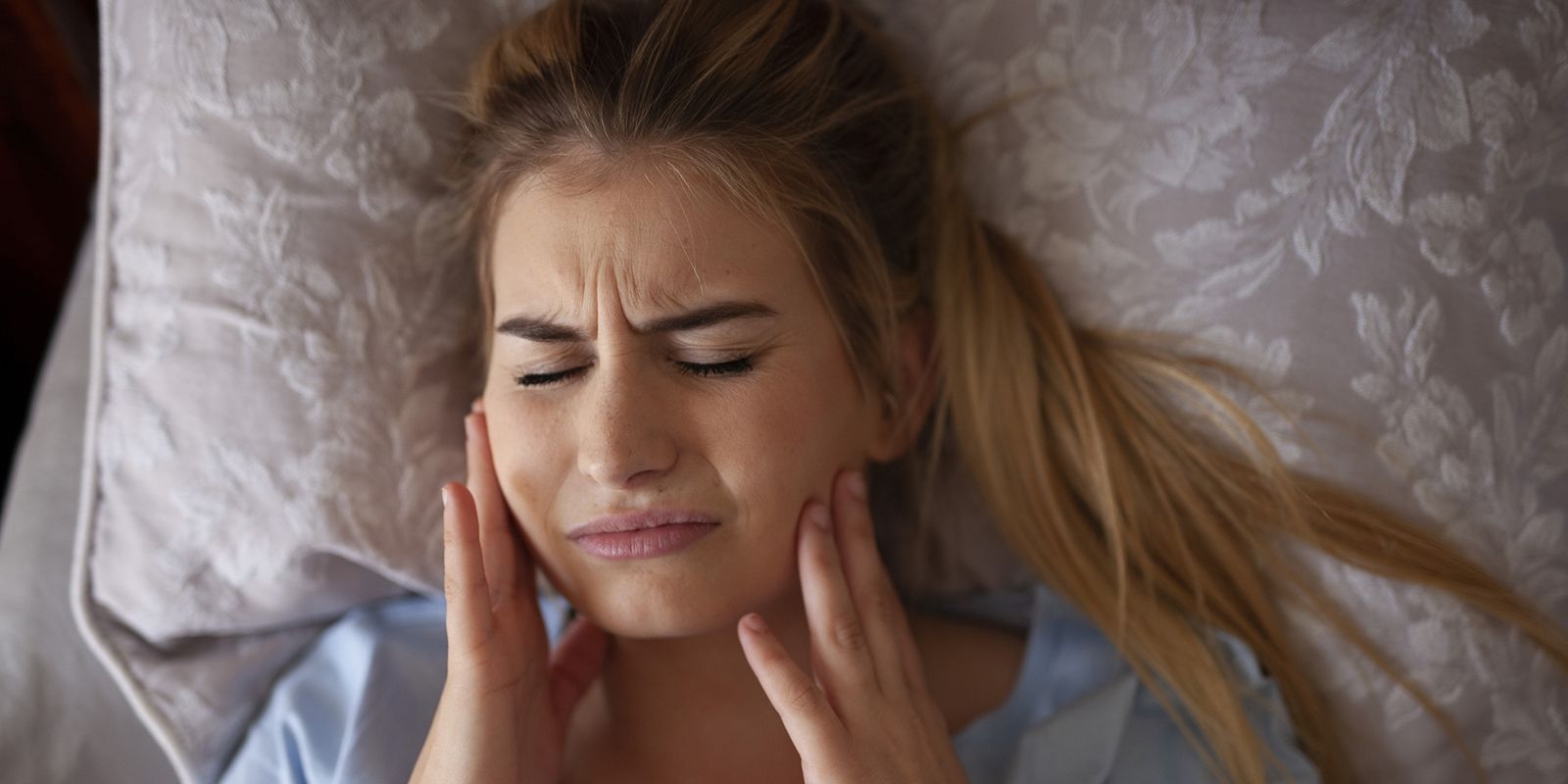Do you wake up with a sore jaw or frequent headaches? You might be grinding your teeth at night. Known as bruxism, this involuntary habit affects 30 to 40 million people in the U.S.—and it can seriously impact your dental health if left untreated.
At Bassett Creek Dental in Golden Valley, MN, we help patients identify and manage teeth grinding to protect their smiles and relieve jaw pain.
What Is Teeth Grinding (Bruxism)?
Teeth grinding (bruxism) is the involuntary clenching or grinding of the teeth, most often during sleep. It can happen occasionally or become a nightly habit. Over time, bruxism can lead to worn enamel, chipped teeth, jaw problems, and even chronic headaches.
Common Causes of Bruxism
The exact cause of bruxism isn’t always clear, but it’s often linked to:
-
Stress or anxiety
-
Sleep disorders, such as sleep apnea
-
Certain medications, including antidepressants
-
Neurological or medical conditions, such as Parkinson’s disease, ADHD, or GERD
-
Age – more common in children, often resolving by adulthood
-
Family history – genetics may play a role
Signs and Symptoms of Bruxism
Because most teeth grinding happens during sleep, many people are unaware they’re doing it. Watch for these signs:
-
Grinding or clenching sounds (often noticed by a sleep partner)
-
Flattened, chipped, or loose teeth
-
Worn enamel or exposed tooth layers
-
Tooth sensitivity or pain
-
Jaw tightness, soreness, or locking
-
Headaches starting in the temples
-
Facial or ear pain that isn’t due to an ear infection
-
Cheek biting or damage
-
Disrupted sleep
Why Teeth Grinding Shouldn’t Be Ignored
Bruxism may seem harmless, but long-term grinding can lead to:
-
Cracked or broken teeth
-
Tooth loss or damage to restorations (crowns, fillings)
-
TMJ disorders (jaw joint issues)
-
Chronic facial pain and migraines
-
Poor sleep quality and fatigue
If you’re in the Golden Valley, MN area and think you might be grinding your teeth, schedule a consultation with one of our experienced dentists. We can assess the damage, determine the cause, and create a custom treatment plan to protect your oral health.
How Is Teeth Grinding Treated?
Treatment for bruxism depends on the severity and underlying cause. At Bassett Creek Dental, we may recommend one or more of the following:
1. Custom Night Guard
A custom-fit mouthguard worn at night helps cushion your teeth, prevent damage, and relieve jaw tension.
2. Stress & Anxiety Management
Because stress is a leading cause of bruxism, addressing anxiety through relaxation techniques, therapy, or exercise can help reduce grinding.
3. Botox® for Bruxism
In some cases, Botox injections may help relax the jaw muscles and reduce involuntary grinding or clenching.
4. Muscle Relaxants or Sleep Aids
For severe cases, your dentist or doctor may recommend short-term use of muscle relaxants before bed.
Pediatric Teeth Grinding
It’s common for children to grind their teeth, especially during growth spurts or when baby teeth are falling out. Most kids outgrow bruxism naturally, but if you’re concerned about your child’s sleep habits or tooth wear, we’re happy to take a look and recommend next steps.
Get Relief from Teeth Grinding in Golden Valley, MN
Don’t let bruxism wear down your smile. If you’re experiencing symptoms of teeth grinding, contact Bassett Creek Dental in Golden Valley to schedule an exam. We’re here to help you sleep more comfortably and smile more confidently.
📞 Call us at (763) 546-1301 or request an appointment online.
FAQ: Bruxism and Teeth Grinding
Q: Is teeth grinding dangerous?
A: It can be. Long-term bruxism can lead to tooth damage, jaw disorders, and chronic pain.
Q: Can stress really cause teeth grinding?
A: Yes, stress and anxiety are among the top triggers for nighttime grinding.
Q: How do I know if I need a night guard?
A: If you’re waking up with jaw pain, tension headaches, or notice worn teeth, a night guard may be recommended.
Q: Does insurance cover bruxism treatment?
A: It depends on your provider and the treatment plan. We’ll help you navigate your options and offer flexible payment plans if needed.

